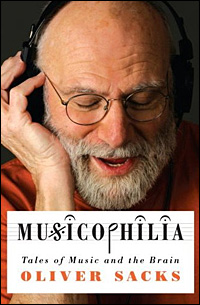Week 2 was a success, although somehow it feels like week 20! Only in my second week, I feel as though I am growing as a professional, musician, therapist, and as a person! And I would like to say, if I ever harped on you for not wanting to go out on a weeknight, I am sorry....working is exhausting! (Rough life, I know)
At times, I really feel I am one of the luckiest people! I get to help people all day long with music, the thing I may just love the most--besides family and all that jazz of course.
WAIT.
Before I go any further, it has come to my attention that perhaps you are not aware of what exactly I am trying to do and accomplish through this internship...this simply will not do and it is just crazy that I didn't start my blog with this nonsense--I suppose I'll have to write two entries this week.
So, you sing and make people feel better!? Thats so nice!
Um, that's not really it.
WHAT DO YOU EVEN DO!?
Music therapists have a degree and must pass a board certification test to become credentialed. Music therapy is evidence based, and supported through research in our own journals and resources as well as medical, scientific, psychology, and education resources.
"Music Therapy is an established health profession in which music is used within a therapeutic relationship to address physical, emotional, cognitive, and social needs of individuals."
-AMTA Website
http://www.musictherapy.org/
As a music therapist I obtain a referral and first assess a client/patient and based on the identified non-musical needs, weaknesses, or already set goals, I implement musical interventions (or activities-- we try not to use the word activity) like singing, moving, playing, listening, etc. to achieve and help those needs and goals! Music processing does not have a specific area of the brain (unless you specifically look at hearing) so it can reach people in so many different and amazing ways. Music can affect the brain and the psyche differently because it is such an innate and biological thing to us as human beings.
We work with basically any kind of disability or population you can think of. In my internship (to name a few) I am specifically working with:
-Cancer patients (pain, coping, procedural support, etc.)
-Clients with mood disorders
-Hospice
-Neurological hospitalizations
-SICU
In the future, I hope to do more research and work with the hearing impaired and NICU babies and families.
Overall, its an amazing field. I encourage anyone to support it, do research on it, or just listen to me ramble about it.
Music Therapy in the media: CHECK THIS STUFF OUT
Sing You Home (Book)
Musicohilia (Book)--not music therapy but awesome stories about music and the brain
The Music Never Stopped (Movie)
Senator Giffords (Her personal story of being shot and MT being a huge part of her road to recover)
There is so much more out there...but this should get you started!





No comments:
Post a Comment